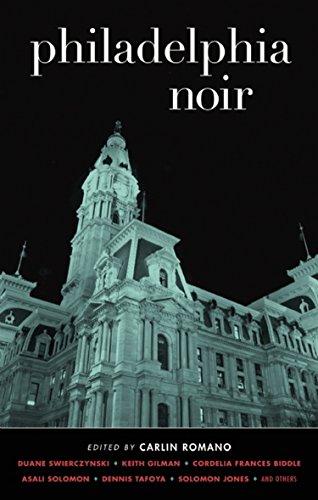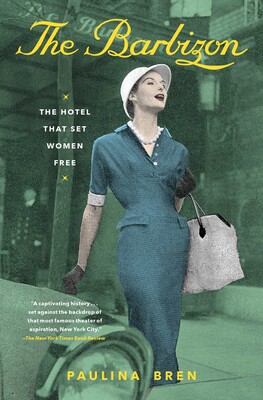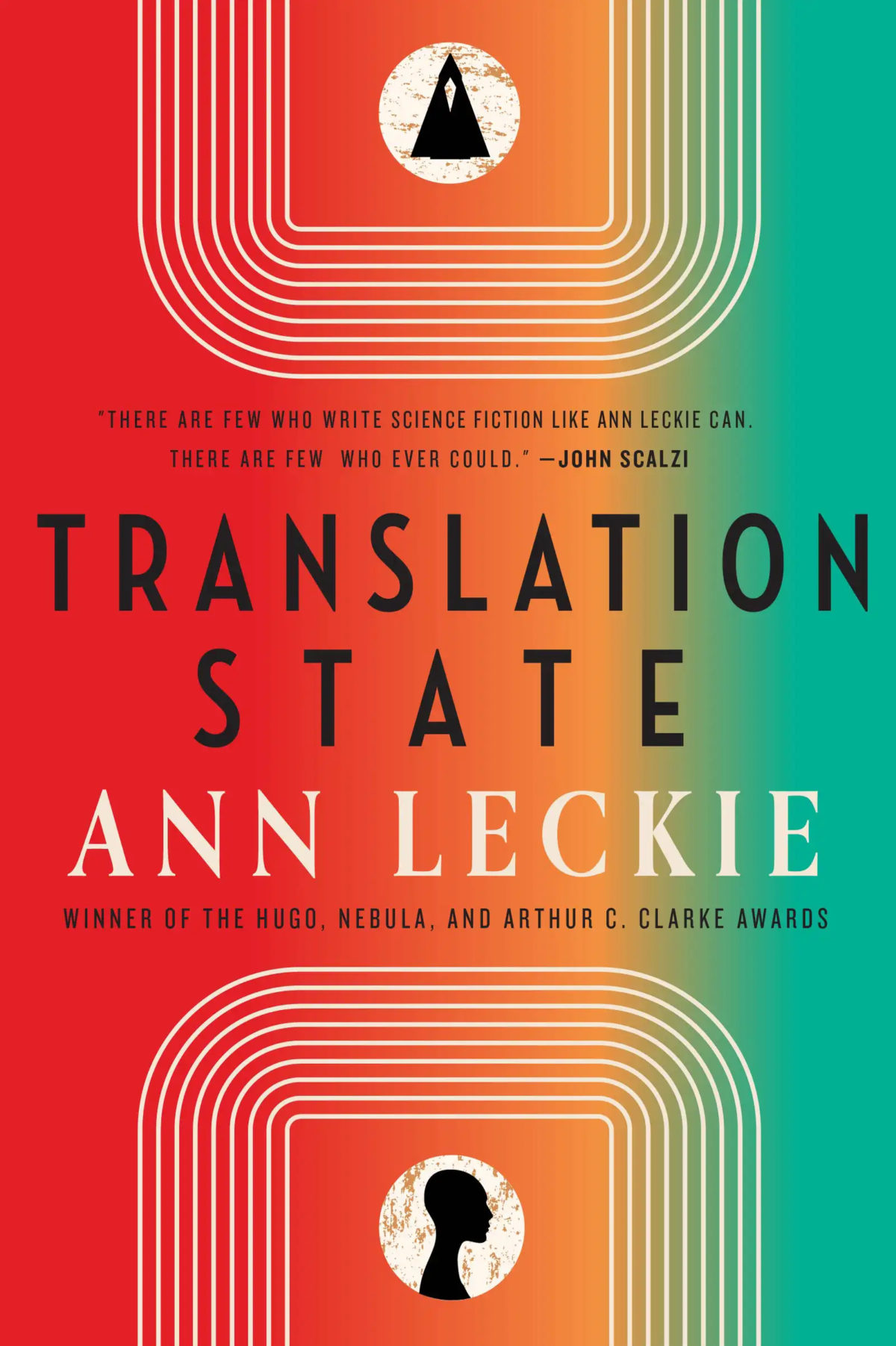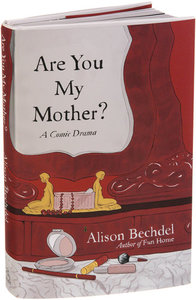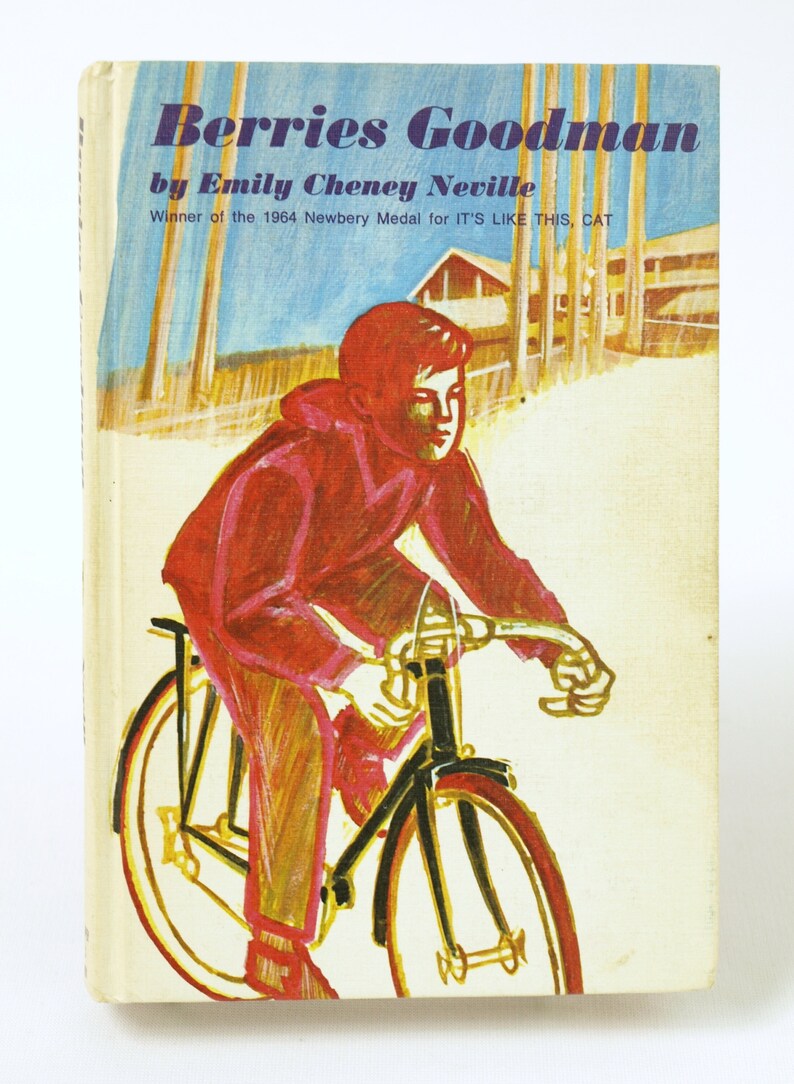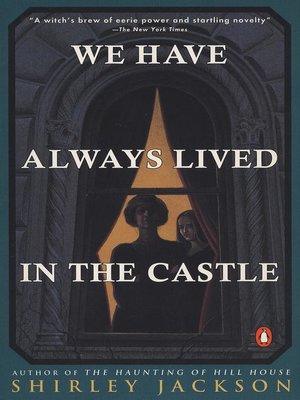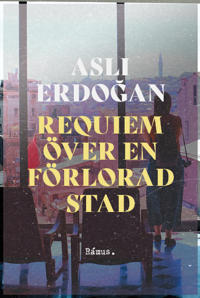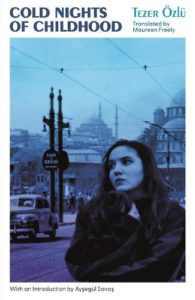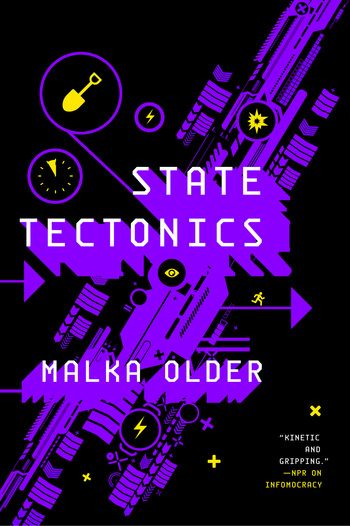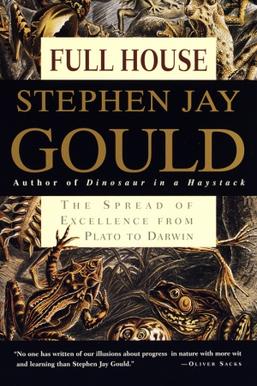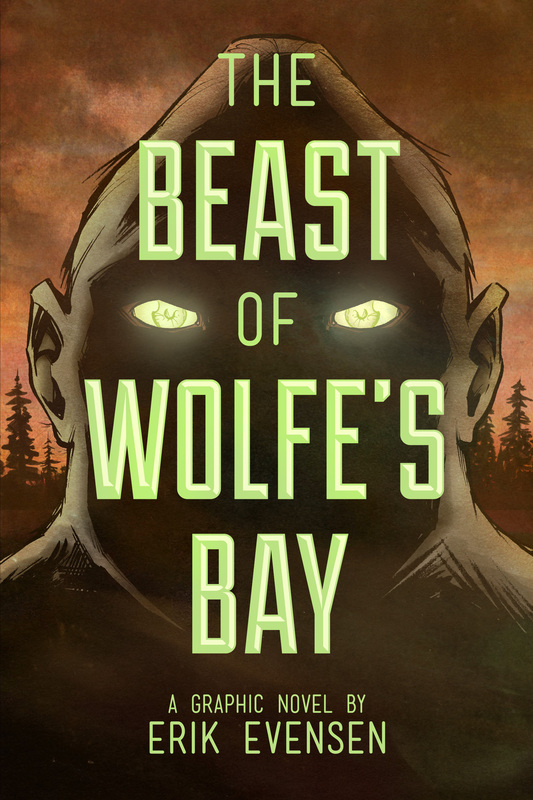My approach to gifts is fairly unstructured and sporadic. If I see something that a friend or family member would like during the year, I buy it and then save it for the next appropriate gift-giving occasion. Usually, also, this takes the form of a book, because I like to stay on brand.
This is how I ended up in possession of a copy of Philadelphia Noir, the Philly entry in Akashic Books‘ popular Noir series. I’m from the area, a bookish friend has a particular penchant for crime and noir…it seemed like a natural fit for gift from me to him! Of course, I would be remiss if I gave someone the gift of a book without reading and vetting it first. I had enjoyed the copy of LA Noir a friend sent me, so I could probably trust that the Philadelphia edition would maintain the same level of quality, but still.
Well.
“Some of the stories are better than others,” I wrote in the note that I included with the gift. Which is the most diplomatic way I can possibly phrase it. And some of the stories are really good, or at least fun, and I had a great time with them (“Princess,” “Secret Pool,” “A Cut Above,” and parts of “The Ratcatcher” and “A Fishtown Odyssey” stand out). Others were a bit rough around the edges and had a tenuous quality to them, as if the author had written and submitted the story for the collection at the last possible minute, or if the editor had a limited pool of stories to choose from. That’s okay; maybe they were someone else’s cup of tea.
The only one of those I feel like calling out is one of the historical fiction stories in the last section of the book: “Reality.” I wrote the “Some of the stories are better than others” comment about halfway through my reading; by the time I got to “Reality” I left am extra post-it note with the comment “skip this one.” The premise of the story is that first the author (not the narrator, this is not a fictional affectation; I mean the author) brags about being a descendent of a minor historical figure in the area for absolutely no reason at all, and then while walking her dog runs into what she believes to be Colonial-era reenactors just acting out a scene in the middle of the sidewalk. She deems them as “surprisingly good, actually,” and assures us that she would know because she’s a history nerd and author. She also goes to great pains to include “comedy” in the guise of a cliche sitcom family before showing us that the crowd is also loving it and thinks this is the best thing they’ve seen all day. This becomes insufferable when it turns out these aren’t actors. No! They’re characters from her historical fiction (mystery?) novels come to life! And they have a crowd of admirers hanging on their every word!
Powerful “and then everyone clapped” energy.
At a last grasp to make it vaguely noir-ish, one of the historical characters fires a warning shot from his musket to threaten another one of the characters and, plot twist, it hits and kills a father who had been especially laudatory and impressed with the performance (and constantly telling the author/narrator to shut up so he could hear more of the story). The story closes with his young son thinking that his father’s very real gunshot wound is just part of the great performance, which he was also definitely enjoying a lot as an eight-year-old! Not bored out of his skull, this one! “Mom’s gonna be real mad about the stain on your shirt though, Dad. Dad? Dad?”
Did the story have the intended effect of me looking up the author? Yes. Did it have the intended effect of me wanting to read any of her novels? Absolutely not. The other dodgy stories in there were at least just stories for their own sake, so to speak, and definitely fit the noir theme. This one felt like a weird cross between advertising, wish-fulfillment, and self-aggrandizement, with the ending tacked on to make it a barely plausible candidate for entry into a noir collection.

